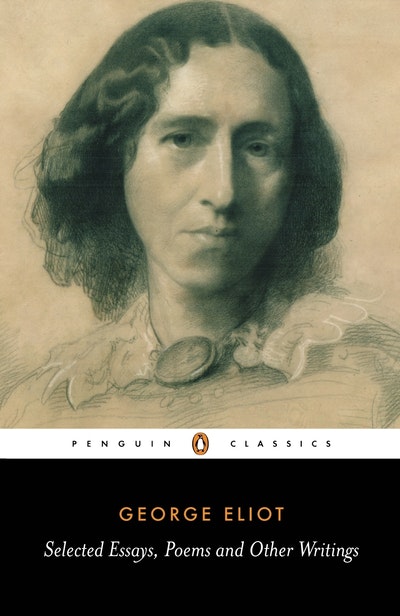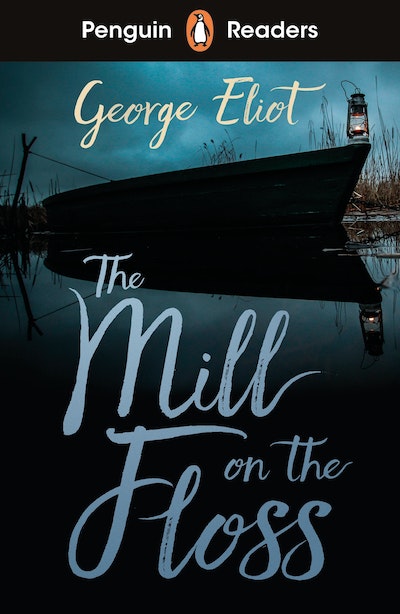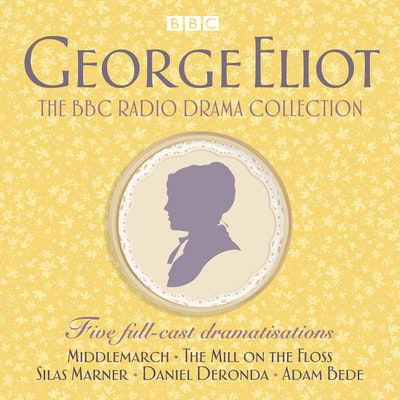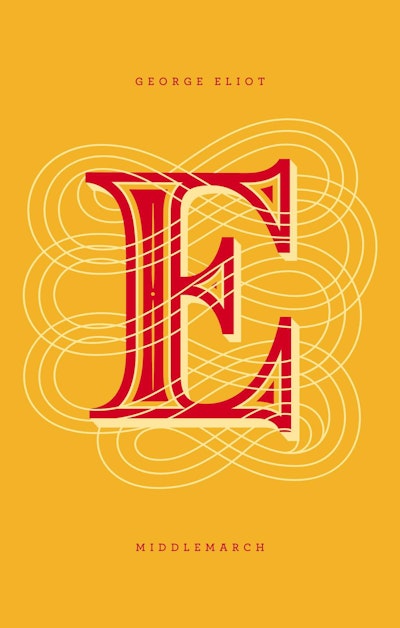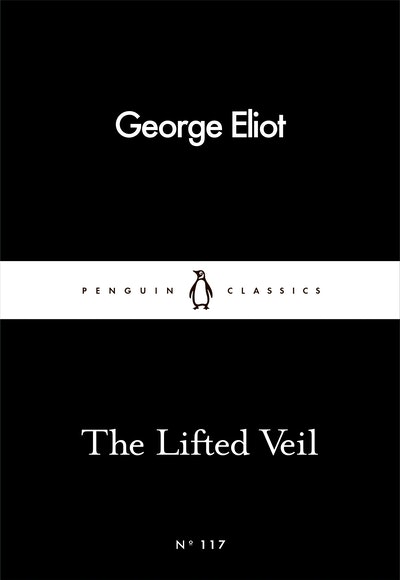An illuminating collection of George Eliot's varied work
The works collected in this volume provide an illuminating introduction to George Eliot's incisive views on religion, art and science, and the nature and purpose of fiction. Essays such as 'Evangelical Teaching' show her rejecting her earlier religious beliefs, while 'Woman in France' questions conventional ideas about female virtues and marriage, and 'Notes on Form in Art' sets out theories of idealism and realism that she developed further in Middlemarch and Daniel Deronda. It also includes selections from Eliot's translations of works by Strauss and Feuerbach that challenged many ideas about Christianity; excerpts from her poems; and reviews of writers such as Wollstonecraft, Goethe and Browning. Wonderfully rich in imagery and observations, these pieces reveal the intellectual development of this most challenging and rewarding of writers.
